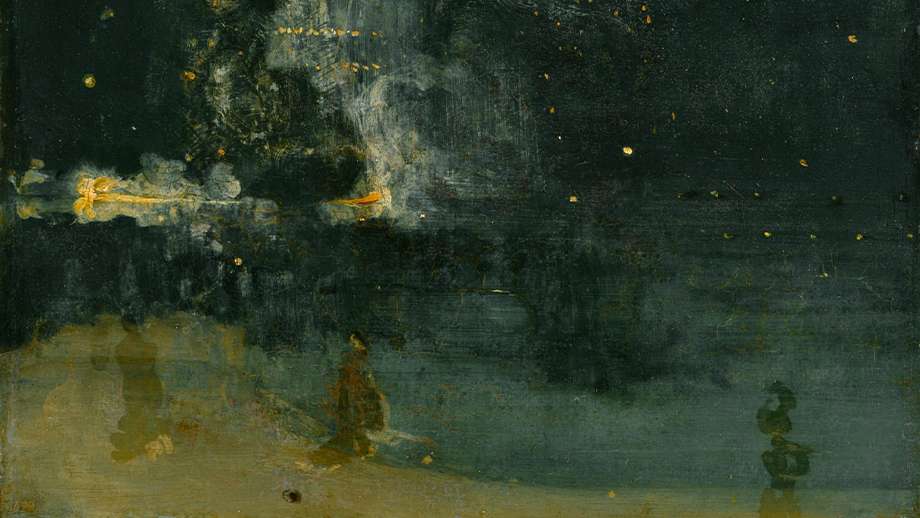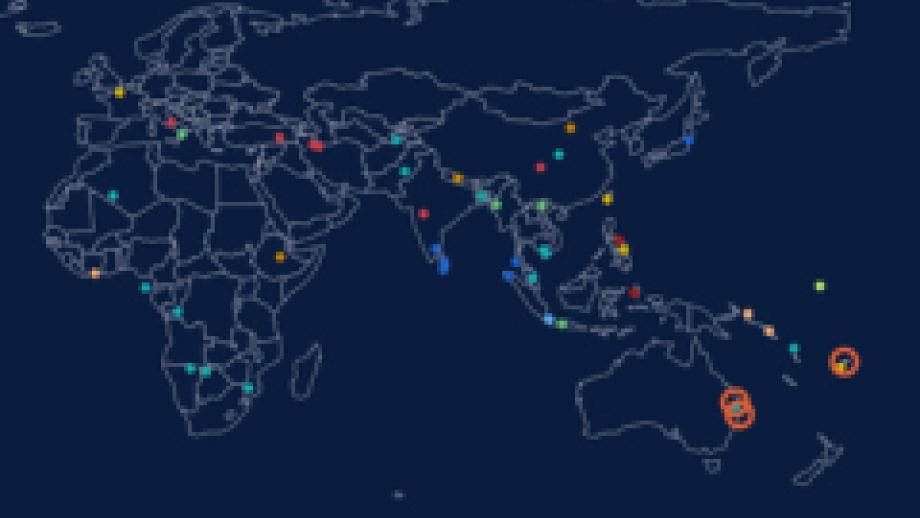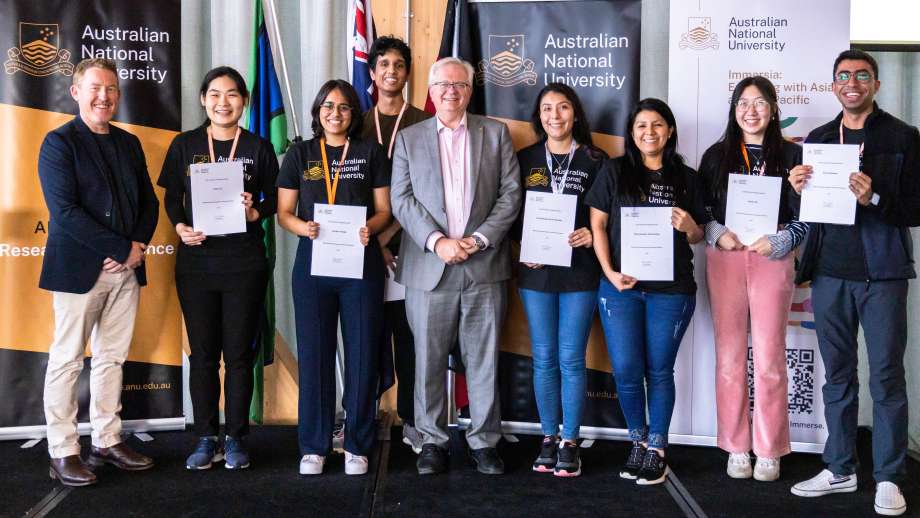Tired Herders and Sick Herds: Three Paradoxes of "Abundance and Scarcity" in Daily Life in the Pastoral Area of Ordos
The mining industry in Ordos has gradually developed, bringing huge growth and prosperity. The expansion of Ordos city was based on the relocation of many villages into the desert. Harasum, a pastoral community 100km away from the new city, became the water source for the city and a place of demolition as part of a financial storm. After 1983, both pasture and livestock were contracted to the individual households. This "place of the water source" underwent three paradoxes in the daily life of local herders with an increasing shift from extensive husbandry to intensive husbandry, which has resulted in a constantly diseased herd and exhausted herders.
About the speaker
Urhan (Wu Rihan) was born in the agricultural region of eastern Inner Mongolia. She received her Ph.D. in anthropology from Peking University in July 2022. Her doctoral dissertation focuses on the daily life in the pastoral areas around a new type of city that has developed based on local resources, the perceptions of local pastoralists of their homeland (nutag), and changes in their perceptions as they move between the nearest town and the surrounding pastoral area. Her main research interests include pastoral urbanization, new migration activities of herders in Inner Mongolia, human-animal relations, and veterinary anthropology.
Location
Speakers
- Urhan (Wu Rihan)
Contact
- Uchralt Otede



